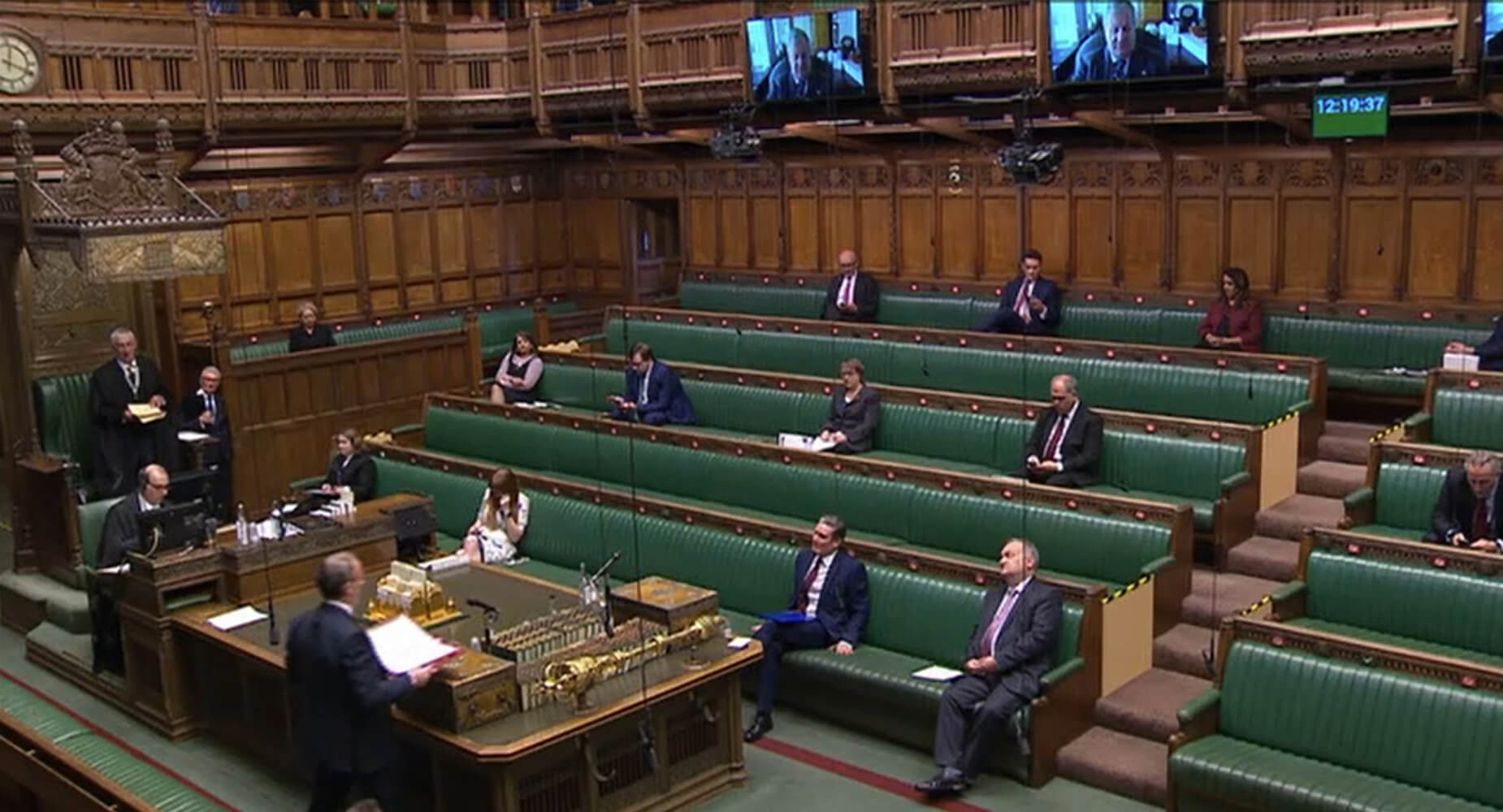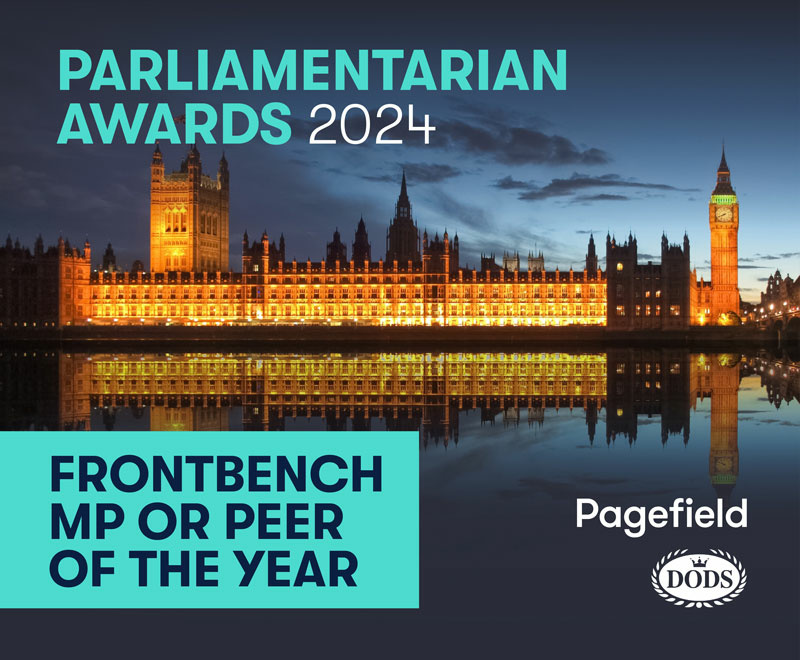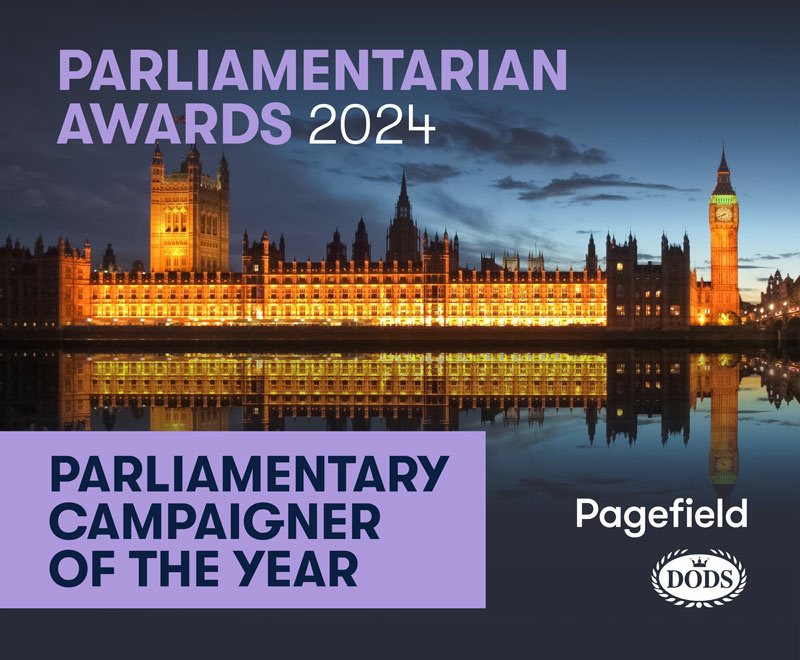MPs reconvened yesterday for the first PMQs after recess, following the approval of a motion on Tuesday to allow for a new “hybrid” Parliament amid the coronavirus outbreak. As part of this unprecedented move, up to 50 MPs will be allowed to sit on a first come, first served basis in the main chamber, with up to 120 others taking part via the Zoom video-conferencing tool.
In what is seen to be a historical move by Speaker Sir Lindsay Hoyle, who initiated the proposals, the United Kingdom’s 650 MPs will have to submit questions in advance, which will be then be decided upon by Hoyle himself. Under these new rules, impromptu points of order and interventions will also be banned and those not selected to speak will be able to follow proceedings live via the parliament website instead. Despite criticism from some MPs who voiced concerns over Sir Lindsay’s authority in deciding who is allowed into the chamber and ask questions, Leader of the House, Jacob Rees-Mogg’s assertion that “we must not let the perfect be the enemy of the good”, rang true, as the first virtual session ran without a hitch.
Lauded as the return of a “fully functioning opposition”, this saw Sir Keir Starmer make his debut as Leader of the Opposition in the House of Commons. Facing Dominic Raab, the Foreign Secretary, who is currently still deputising for Boris Johnson, Starmer put on what has been described as a “confident”, “fluent”, and “menacingly polite” performance. Paying “forensic” attention to detail, Raab was seen to be no match for the Labour Leader, who displayed the right level of empathy and support for Government, whilst still showing a determination to hold them to account and challenge them where they believe they are going wrong in their response. The lack of braying background noise nonsense also played nicely into Starmer’s measured, incisive approach.
This was never clearer than in Starmer’s line of questioning over current levels of testing. When he asked how the Government planned to bridge the current gap between the 100,000 tests per day that the government had promised, and the 18-19,000 tests per day currently taking place, Raab said he had to “correct” his right honourable friend, and that capacity was actually 40,000. True to his QC background, Starmer observed that he “didn’t need correcting”, highlighting the fact that the Health Secretary had promised 100,000 tests, not the capacity to do 100,000 tests, so the government was well behind its own targets and failing to deliver them when there was quite clearly the demand, particularly on the front line in hospitals and care homes.
Starmer also asked several probing questions related to the contradictory advice given with regards to accessing tests and social distancing measures, highlighting the logistical difficulties present for those who don’t have access to private modes of transport, or indeed those who have the illness and are forced to self-isolate, yet are still forced to travel to designated testing centres.
This deft handling of the government’s response continued when Raab failed to answer Starmer’s question as to exactly how many care workers had died as a result of coronavirus, as he told Raab “I’m putting you on notice that I’ll be asking the same question next week,” and that “hopefully you will be able to answer it by then.” Without hesitation, he then moved on to address the chronic and pressing shortage of PPE for those on the frontline of the coronavirus struggle, asking clear and direct questions that could not be evaded by Raab.
Following Starmer’s display at the despatch box, the remainder of the session continued to focus on the government’s response to coronavirus. Other issues raised by MPs included problems businesses and individuals were facing in securing financial support as a result of what were branded “arbitrary deadlines”; the need for greater support from banks; greater government support for the hospitality and tourism industry, and the need for local authorities to have their costs and loss of income fully covered by central government.
Comments from Professor Chris Whitty this week signal that it might be a while still before we are able to congregate in groups, meaning that PMQs via Zoom may be the new normal. With viewing figures for news bulletins through the roof, there’s every likelihood PMQs will continue to garner plenty of attention in the coming weeks. Weeks during which the Tories will probably come to miss Jeremy Corbyn quite a lot. After five years in the wilderness, many are remarking that the opposition is back.




